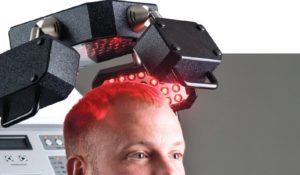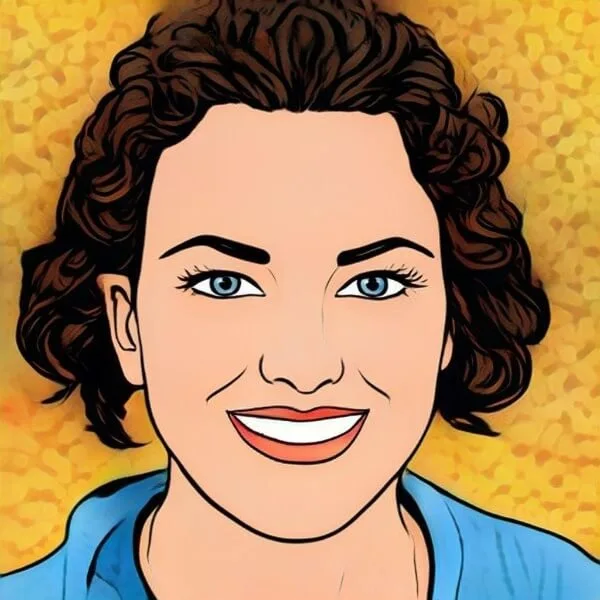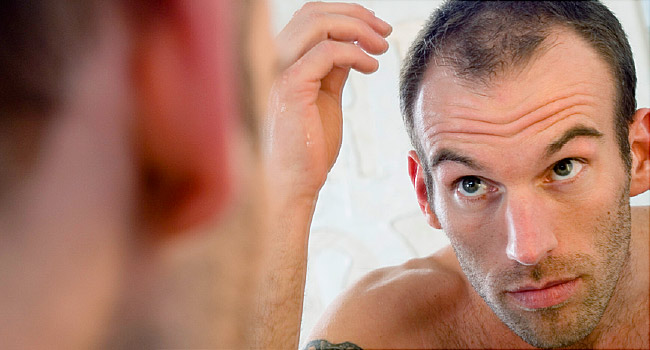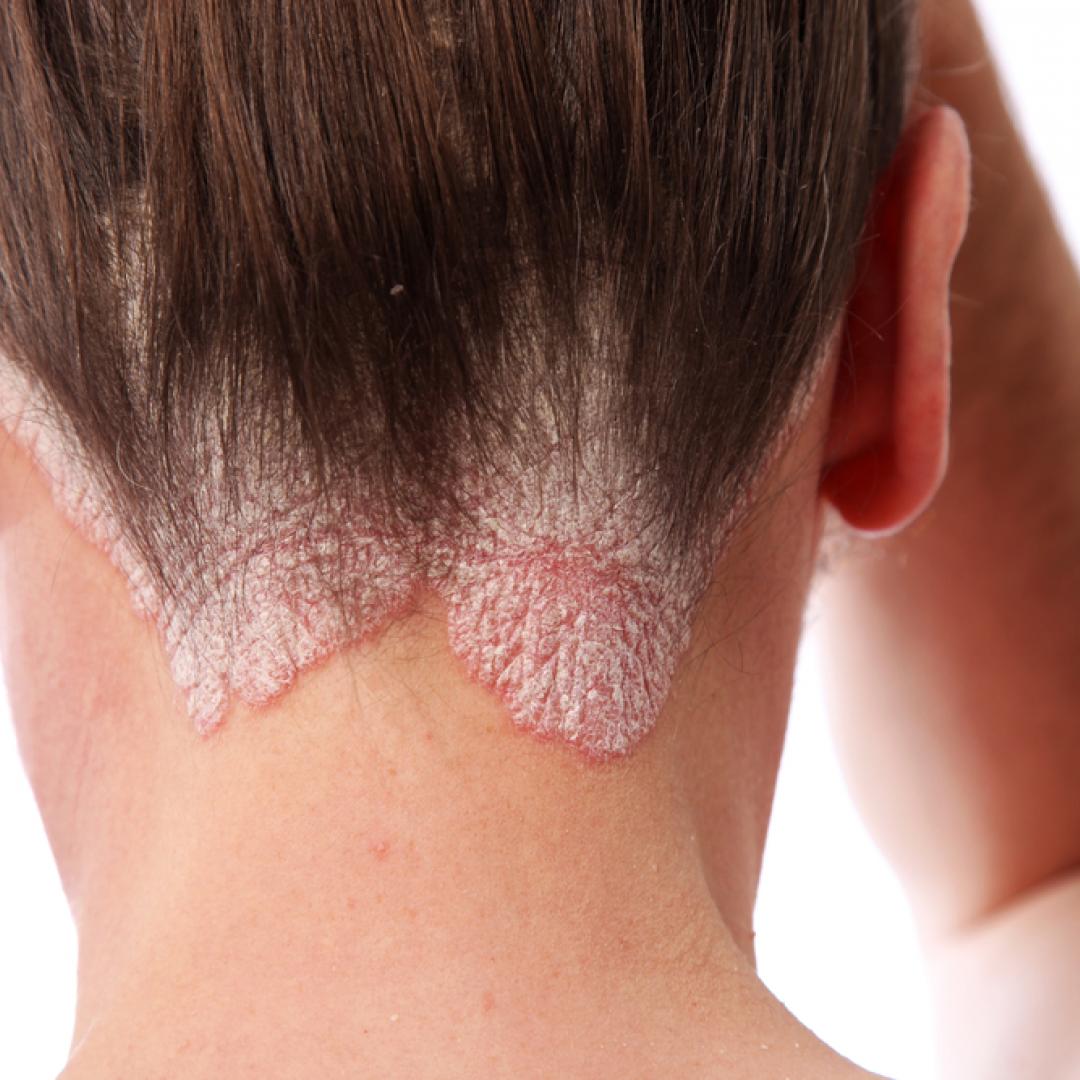Losing hair can have devastating effects on your confidence. With a lot of fake hair care solutions out there, we have selected 3 treatments for you that really work.

Many things can trigger hair loss, and the treatment depends on the cause and particular conditions of the person. Mostly, hair loss is due to genetic reasons. While there is no ultimate cure for genetic hair loss, there are some measures to slow down hair fall or even regain your lost hair.
With themarket full of fake hair care and hair loss treatments, it is often difficult to separate legitimate solutions from the fake ones. Here, we will discuss 3 hair care treatments that really work.
Medication
While there is no scientifically proven medication to regrow lost hair, some medications are available to stop or slow down hair fall. Be patient as most of these medications take few months to stop your hair loss.

Minoxidil solution has been proven to slow down or stop hair loss. You have to apply it twice a day to completely dry hair. Finasteride is another hair fall solution. Finasteride pills inhibit the production of DHT, the main cause of hair loss, especially in men. However, this pill has certain side effects, like impotence, that must be considered before starting this medication. To maintain the regrown hair, you need to continue this therapy indefinitely.
Low-Level Laser Therapy
Low-level laser therapy stimulates hair growth. This treatment takes up to one year to show visible improvements. Like medication, you need to continue this therapy indefinitely in order to maintain your hair growth.

Hair Transplant
Hair transplant is very effective in many scenarios. If you have lost hair from certain areas on your head, a hair transplant can take hair from the healthy areas and plant them to the balding areas. Fortunately, most people lose hair from the hairline and crown of their heads. In such scenarios, a hair transplant successfully redistributes hair to give you a head full of hair.


Alina Smith is a health blog author with an interest in the intersection of wellness and mental health. She’s worked as a writer, editor, and communications specialist for various healthcare organizations. Alina has also led projects to improve access to care for underserved populations in both rural and urban settings.






